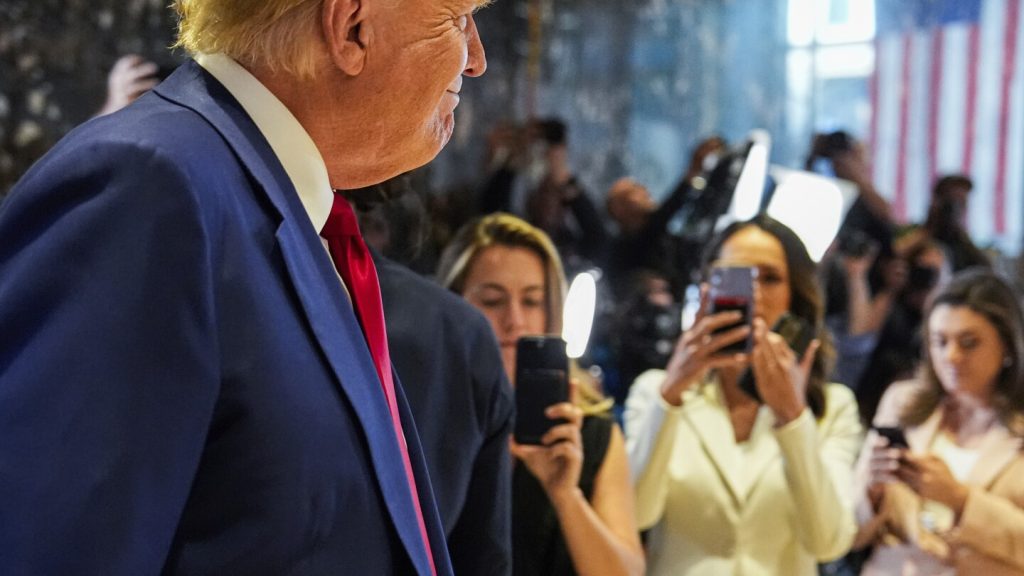Former President Donald Trump expressed frustration over a gag order preventing him from speaking out following his conviction in a hush money criminal trial. Despite believing the order was meant to expire after the verdict, Trump still feels restricted in his ability to comment on the case and its witnesses, including star prosecution witness Michael Cohen. Trump referred to Cohen as a “sleazebag” and criticized the guilty verdict while making unfounded allegations against President Joe Biden. Trump was convicted of numerous counts related to falsifying business records in connection to a payment made to adult film actress Stormy Daniels prior to the 2016 election, for which he is scheduled to be sentenced in July.
Trump’s attorney, Todd Blanche, indicated that he believed the gag order should have been lifted after the trial concluded with a verdict. Despite this belief, Trump continues to be cautious about making public comments due to uncertainty about the current status of the gag order. During the trial, Trump was held in contempt of court and fined for violating the gag order, prompting concerns about potential jail time for further violations. Blanche expressed a desire for clarity on whether the gag order still applies and emphasized the need to understand its limitations, given the trial is over and the witnesses are no longer relevant.
The state court system confirmed that the gag order remains in effect, as part of the court record, which specified restrictions on Trump from commenting on witnesses and others involved in the hush money case. The order was initially imposed before the trial began, citing concerns about Trump’s tendency to attack individuals connected to his legal matters. Despite Trump’s use of derogatory language towards Cohen, the judge did not consider it a violation of the gag order. The order was later expanded to include Trump’s family members after he made social media posts attacking the judge’s daughter, a Democratic political consultant. Trump’s plea to lift some or all of the gag order during the trial was rejected by a state appeals court.
The appeals court upheld the decision to maintain the gag order, citing the need to protect the integrity of witness testimony and ensure a fair administration of justice in criminal cases. The court recognized the balance between Trump’s free speech rights and the rights of individuals associated with the criminal proceedings to be free from threats, intimidation, and harassment. Trump’s public statements were seen as a potential threat to the legal process and the safety of those involved in the case. The ongoing battle over the gag order highlights the complexities of balancing free speech with the need to maintain a fair and impartial legal system, especially in high-profile cases involving public figures.


